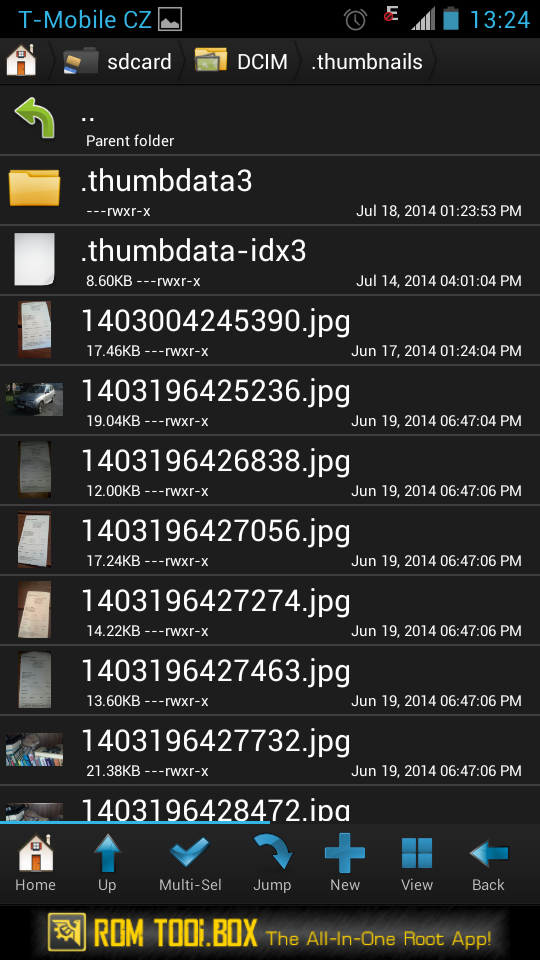Other apps might want to store data, but do not want this data to be read by other apps (or even the user). the android platform provides developers with multiple ways to store data, with each method having it’s advantages and disadvantages. for this article, we’ll discuss the different data storage techniques available to android. Most android apps will need to persist user data at sometime. there are different ways to store user data, but sqlite databases are a very convenient and speedy method of saving user (or app) data and information. sqlite is an opensource sql database that stores the database as a text file on a. Apart from that, all apps can store data anywhere on the sdcard, as there are no restrictions -- and many apps do so. they can use directory names freely (and they again do), which is what often makes it hard to decide what all that "junk" on the card is intended for, and what of it can be deleted..
More information about android thumbdata files
Android project structure and activity life cycle
Google introduces in app searching on android | mobile
For apps that request access to sensitive permissions or data (as defined in the user data policies): you must link to a privacy policy on your app’s store listing page and within your app. make sure your privacy policy is available on an active url, applies to your app, and specifically covers user privacy.. My data manager is the best app to help you take control of your mobile data usage and save money on your monthly phone bill. over 14.7 million users have downloaded my data manager.. The android application sandbox, which isolates your app data and code execution from other apps. an application framework with robust implementations of common security functionality such as cryptography, permissions, and secure ipc..
